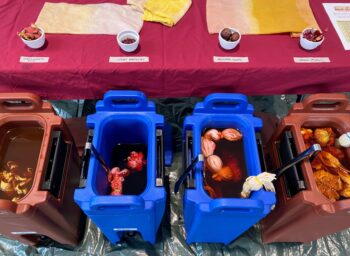What do avocado skins and seeds, onion skins, and beet trimmings have in common – besides being candidates for the compost pile? These scraps can all be used in plant-based dyes, and using them not only reduces food waste, it reminds us of what’s possible when we practice creative reuse and extend sustainable practices from the kitchen out into the other parts of our lives.
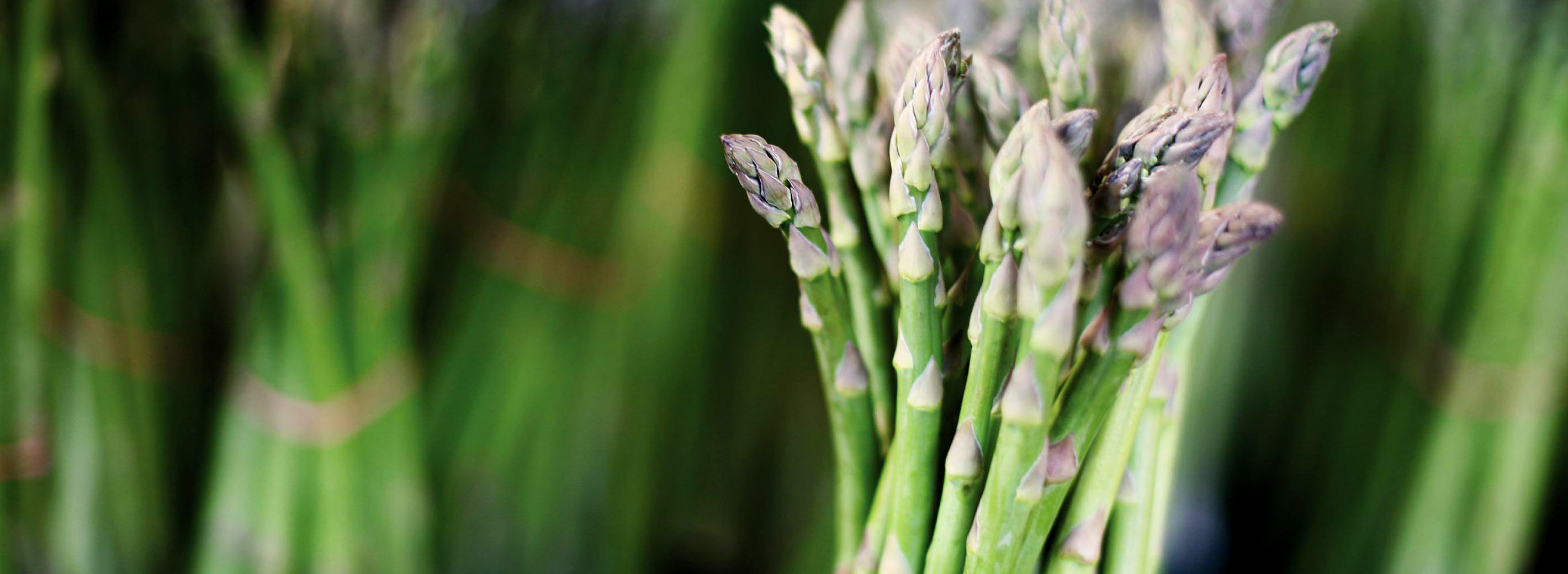
Blog: People
+ Blog Categories
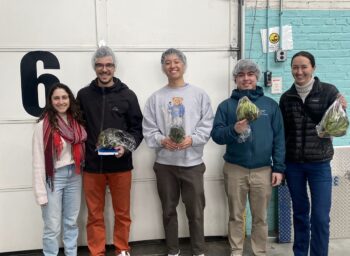
Food Hubs: Redefining How Institutions Feed Students and Strengthen Regional Food Systems
On the rise across the country since the mid-2000’s, food hubs are one solution to common barriers to getting local food into restaurants and difficult-to-access institutional markets. With a keen focus on selling to anchor institutions (long-term fixtures in communities, such as universities, hospitals, and school systems, that play vital roles in the local economy), food hubs coordinate the aggregation, distribution, and marketing of locally and regionally produced foods from a network of responsible producers.

Q & A With Essence Oyos of Golden Eagle Farm
- Blog
We had the pleasure of interviewing Essence Sage Oyos from the Mesa Grande Business Development Council (BDC) to talk more about the work the BDC is doing to achieve the goals of the Mesa Grande Band of Mission Indians.
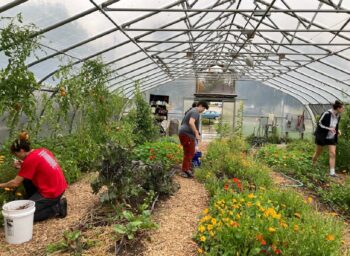
Campus Farms Provide More Than Produce to School Communities
- Blog
Twenty DePauw University first-years are spending the morning at the Ullem Campus Farm in Greencastle, IN. Rather than sitting in a classroom, they are outside enjoying the first wisps of fall, bringing shovels down into the rich soil to unearth the starchy golden gems below.

Meet Golden Eagle Farm
- Blog
For Native American Heritage Month, Bon Appétit is partnering with Golden Eagle Farm, owned and operated by the Mesa Grande Band of Mission Indians. Golden Eagle is an ambitious endeavor balancing traditional Indigenous farming methods and new revenue generators such as agri-tourism.
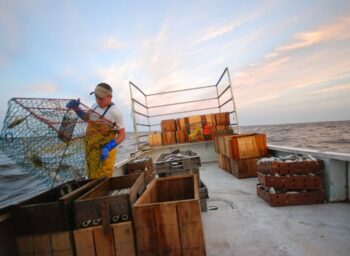
Two guys, a van, and a cooler full of North Carolina fish: The story of Locals Seafood
Sheepshead. Ribbonfish. Wahoo. Tilefish. When Locals Seafood co-founder and North Carolina native Ryan Speckman was living on the Outer Banks of North Carolina in the late 2000’s, he and his friends feasted on these native seafood species regularly. He wondered why, when he was growing up in the inland part of the state, he’d never encountered fish from the Carolina coast before – and most residents hadn’t either.

Women in Seafood Part 2: A Q&A with Corey Ridings from the Ocean Conservancy
- Blog
Our Chief Strategy and Brand Officer Maisie Ganzler had the pleasure of interviewing PhD student at The University of Washington and Manager of West Coast Fisheries for Ocean Conservancy Corey Ridings about her experience as a woman in the seafood industry.

Welcoming Spelman College to the Bon Appétit Family!
Bon Appétit is thrilled to welcome Spelman to our family as our first Historically Black College & University (HBCU). “It is a great honor to have the opportunity to serve the Spelman community,” says Bon Appétit CEO Fedele Bauccio.

The Eat Local Challenge 2023 – Rooted in Taste and Community 19 Years Running
The Eat Local Challenge (ELC), now in its 19th year, is a little like Christmas at Bon Appétit. Of course, Bon Appétiters celebrate the bounty of local foods year-round, but every September, accounts across the country participate in this one big day that shines a national spotlight on our commitment to supporting local food systems.
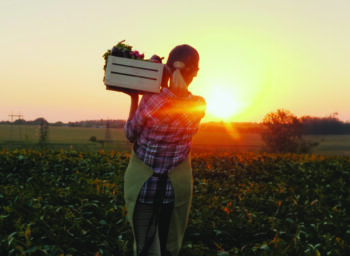
Toward a Deeper Understanding of “Eating Locally”
Each September, Bon Appétit teams across the country gear up for Eat Local Challenge, a celebration of local ingredients, and the farmers and artisans who produce them. Since 2005, when Eat Local Challenge first occurred, the event has perhaps been the foremost way Bon Appetit brings attention to local food systems: by sourcing and serving 100% local meals to the delight of our guests across the country.
